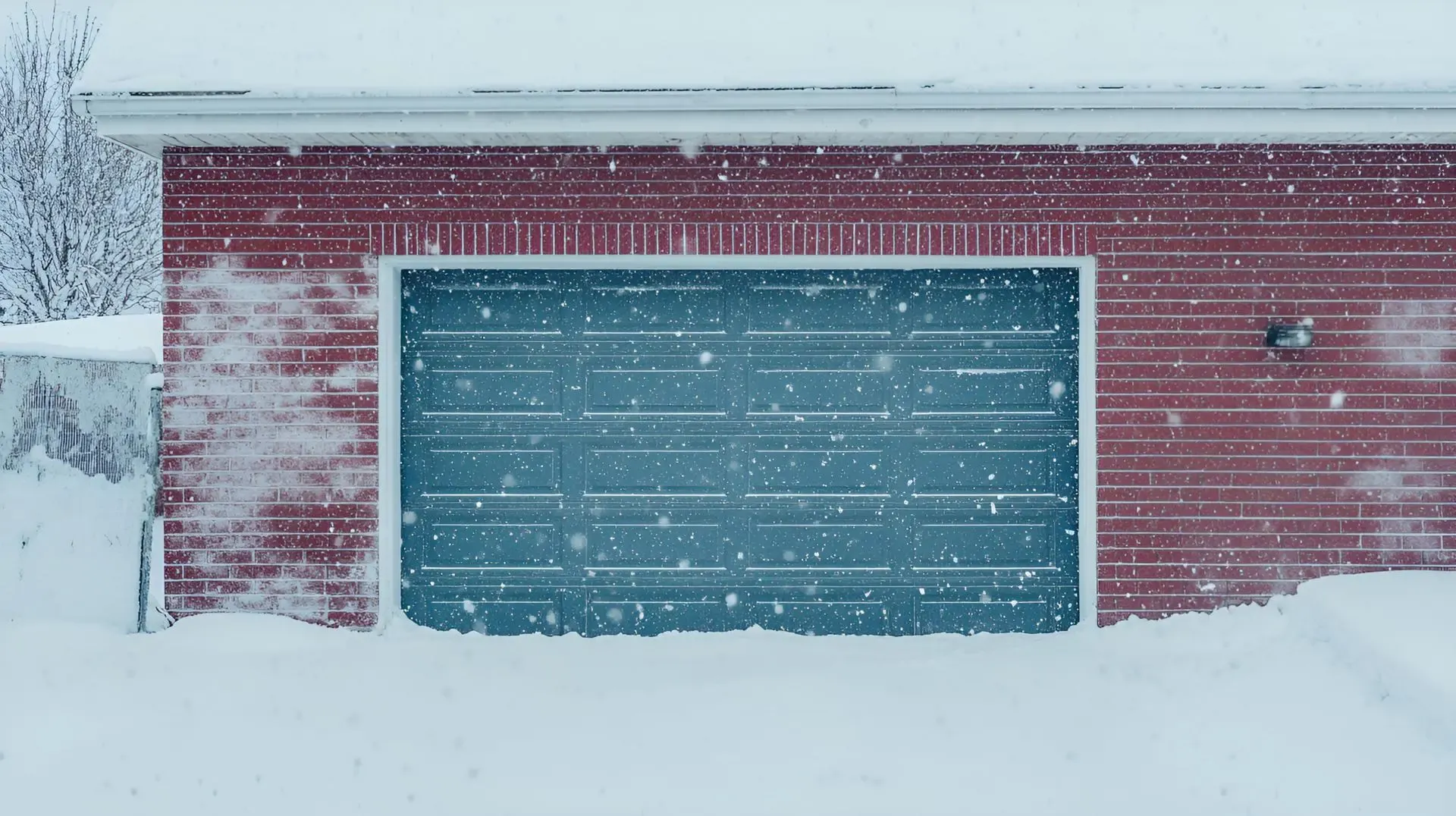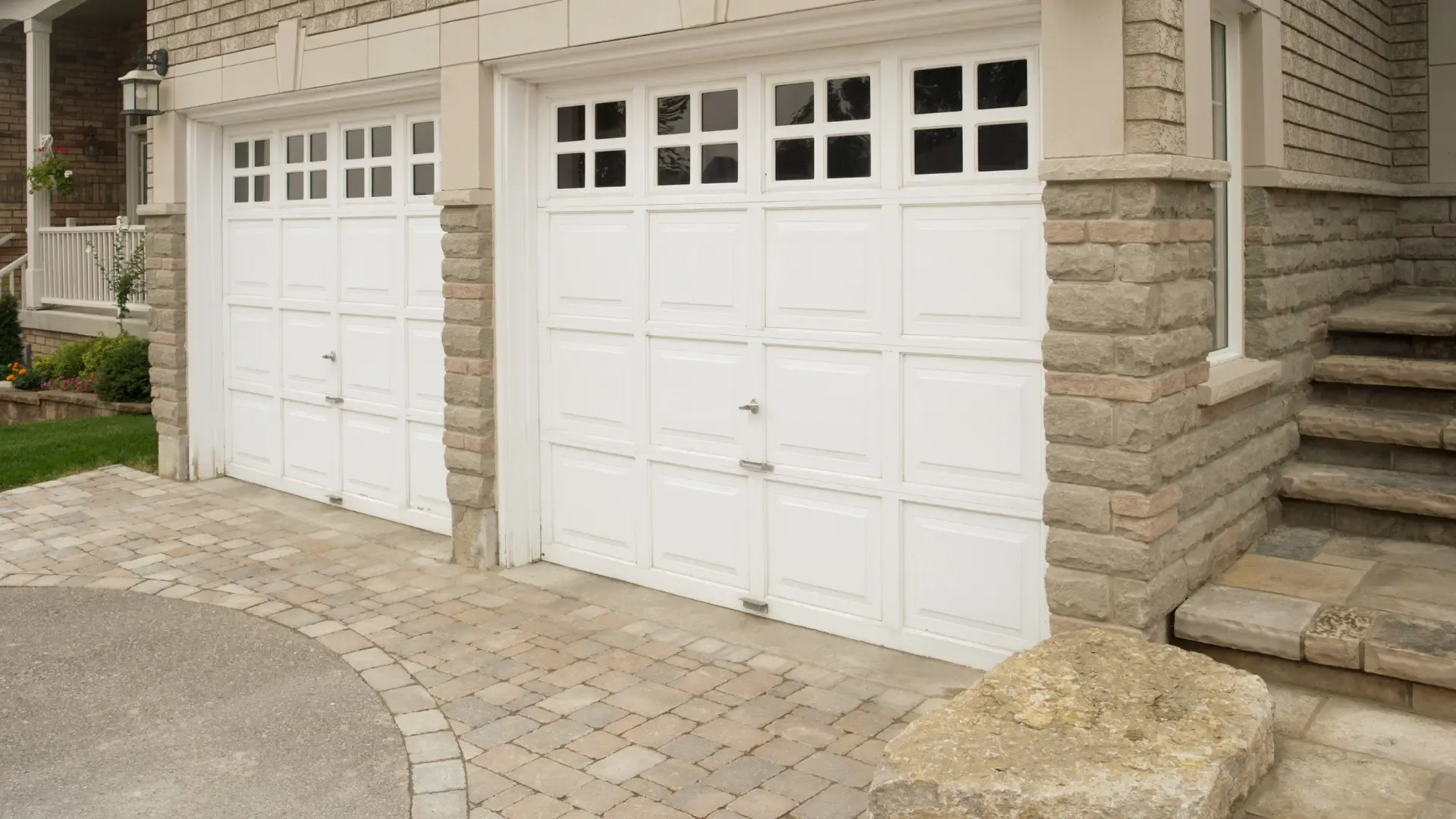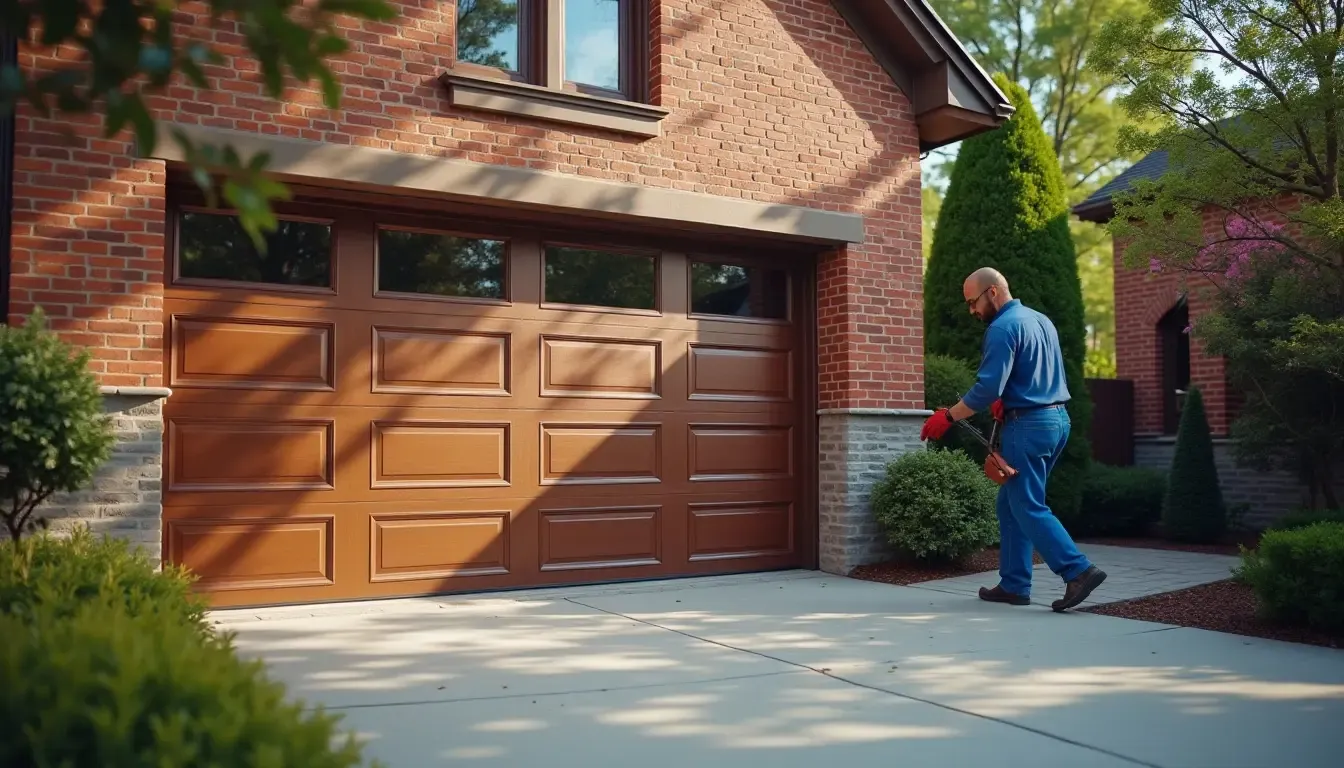How to Choose the Best Type of Garage Insulation for Your Home
Published: Feb 27, 2025
A perfect life in a perfect house sounds like a dream, but most people try to make it a reality. Many people focus on making their homes efficient and comfortable but often forget about the garage. However, properly insulating your garage offers significant benefits — from cutting energy bills to protecting your stored items from temperature changes.
If you are wondering what type of insulation is the best for your garage, Up & Down Garage Doors provides key information on different kinds and how to choose the right one.
Types of Garage Insulation

Before you choose one type of garage door insulation, it’s important to learn all material options and their differences, pros, and cons.
Fiberglass batts are inexpensive and easy to install, so many homeowners choose them. However, they can lose efficiency if improperly installed.
Rigid foam boards are known for their high R-value and lightweight nature, which make them perfect for walls and ceilings. They offer high thermal resistance but may require careful cutting to fit properly.
Spray foam insulation is more expensive and tricky to apply, but it is perfect for sealing gaps and creating an airtight barrier.
Reflective insulations are usually used in hot climates because their material reflects heat away to keep a cooler environment. However, they aren’t sufficient for colder regions.

Factors to Consider When Choosing Insulation for Your Garage
As you can see, there are different types of insulation, and your choice depends on several factors: climate, garage use, existing garage conditions, and your budget. Consider your needs and these factors to understand what kind of insulation suits your garage. Let’s start with the broadest factor and then move to more specific considerations.
Consider the climate in your area. Homes in colder climates will need higher R-values to prevent heat loss. Instead, garages in warmer climates will need materials that reflect or resist heat.
How do you use your garage? Or maybe you want to change its usage and make a home gym or living space? What type of insulation for the garage you should choose depends on how you plan to use this space. Basic insulation may be enough if it’s just a parking spot or place to store seasonal items. However, if your garage is a workshop, home gym, or living space, you’ll need the insulation that provides temperature control and keeps the place comfortable all year round.
Also, check the current state of the garage. Is it attached to the house, or is it a standalone structure? Does it already have some insulation, or are you starting from scratch? Check the walls, roof, and garage door before choosing a material. This may also be the time to address any air leaks. Seal them before insulating so you will have the best results.
Think about your budget, how much you’re ready to spend, and your long-term goals. Spray foam may be more expensive, but its performance and durability will save you money in the long run. Fiberglass batts or rigid foam boards may be more budget-friendly, but you need to install them correctly to avoid gaps and inefficiencies.
Weigh these factors — climate, garage use, existing conditions, and budget — so you’ll be able to choose the best insulation for your garage.
DIY or Professional Installation: What to Choose?
When it comes to installing garage insulation, the decision to do it yourself or hire a professional is mainly based on your experience level, the job complexity, what material you will use, and your long-term goals. Let’s consider the pros and cons of each option to find what is best for you.

DIY Installation
You can try to install the insulation for your garage yourself if you’re comfortable with basic tools and have done home improvement before. Also, it can be cost-effective. Materials like fiberglass batts or rigid foam boards are widely available and easy to work with if you have the time and patience. Take your time, work at your own pace, and achieve the exact results you’re looking for. However, you should remember that even a simple job can get tricky if your garage has awkward spaces, existing damage, or hard-to-reach areas. If not installed correctly, insulation gaps can reduce efficiency and moisture problems.
Professional Installation
Hiring professionals takes the guesswork out of the process. They have experience and knowledge on how to seal gaps, help you choose the right insulation for your needs, and get the job done safely. It’s also better to hire a well-trained team if you choose spray foam or other materials that require specialized equipment and expertise. While professional installation is more expensive upfront, it pays off in long-term performance, less maintenance, and peace of mind that the job was done right the first time.
If your garage insulation project is simple and you have the time and confidence, DIY can save you money and give you control of the process. But if the project is complicated, has older construction, or you want the best possible efficiency and durability, calling for professionals who provide garage door services may be the smarter move. Weigh your skills, your garage, and your budget before you decide.

Summing Up
The right garage insulation can make a big difference in your home’s energy efficiency and comfort. Choose materials and installation methods to improve energy efficiency, protect your belongings, and even create a more comfortable space for work or leisure. With some guidance, you can weigh the pros and cons, consider your needs, and invest in a solution that will last well for years.
Are you still unsure how to choose the best type of garage insulation for your home? Up & Down Garage Doors experts are here to support you with all their knowledge and experience, so don’t hesitate to call today and get more information.
You may also like


